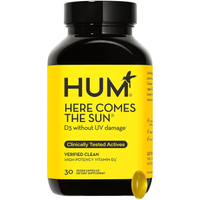I struggle with the winter blues and this $10 supplement is what I use to get me through to spring
You can get HUM's top-rated vitamin D supplement for 36% off this Black Friday
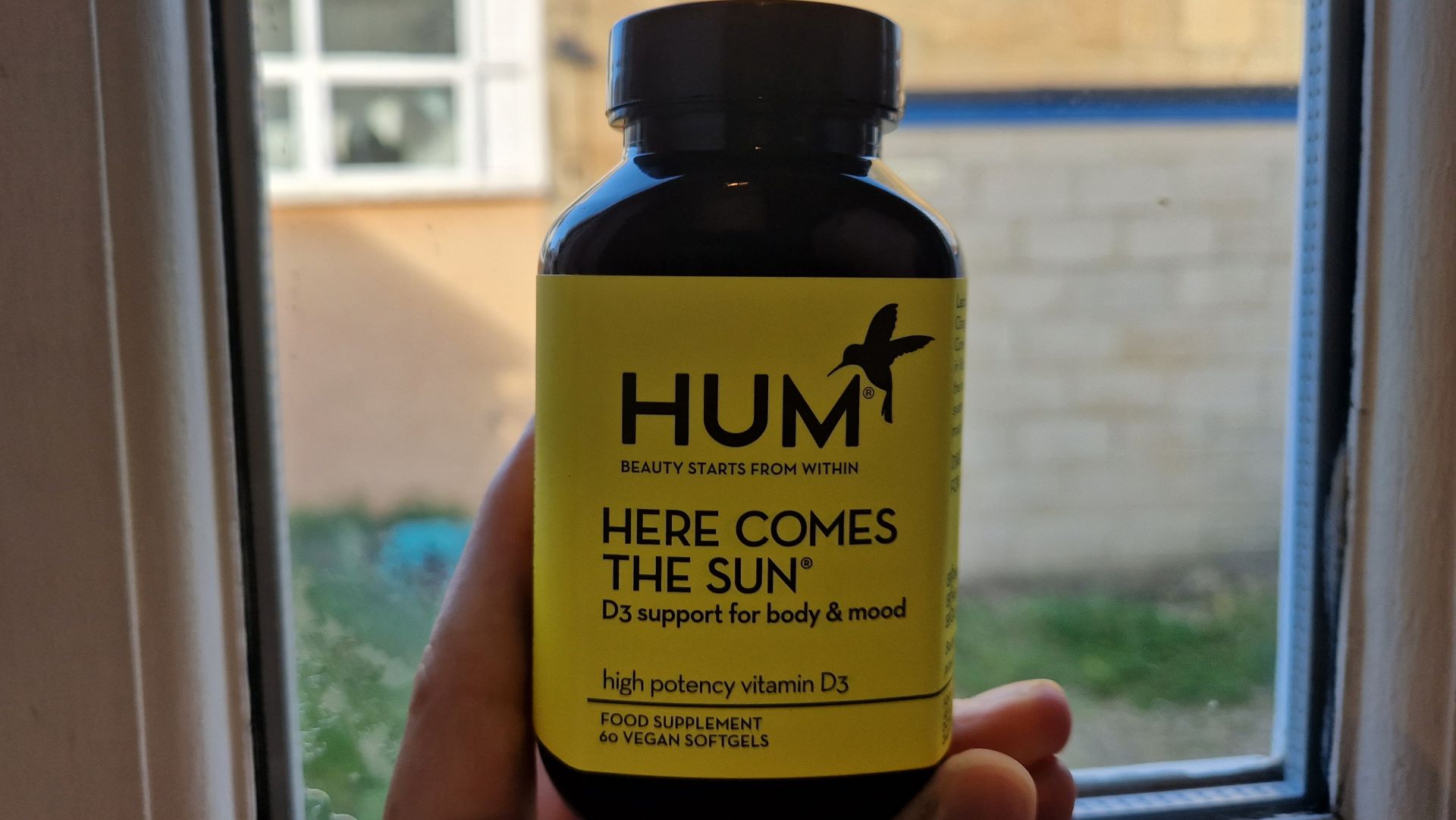
I'm prone to feeling blue in the winter months, but thankfully—as I often test products for Fit&Well—I have access to some of the best vitamin D supplements on the market.
My favorite by far is HUM Here Comes the Sun, which features in our guide to the best vitamin D supplements as the top option for vegans.
Unfortunately, not many vitamin D supplements are suitable for vegans, because they rely on animal-based sources of vitamin D3 such as the skin of fatty fish or lanolin from sheep’s wool.
While some plants and fortified plant-based foods contain small amounts of vitamin D, this tends to be D2 and research suggests that vitamin D3 is more important for supporting healthy levels of vitamin D.
D3 is more bioavailable, which mean that it is easier for the body to use and circulate. D3 actually increases vitamin D levels almost twice as much as D2. With this in mind, the vitamin D offering from HUM is a great choice if you're on a plant-based diet.
While trawling for deals, I noticed that HUM has a sitewide 30% off sale over the Black Friday weekend. However, when I looked on Amazon, I saw that the deal was even better, with Here Comes the Sun discounted by 36%. Other retailers have discounts, but the deal on Amazon was the best one I could find.
HUM Here Comes The Sun: was $15.00, now $9.60 at Amazon
Save 36% On the manufacturer’s website, the capsules score 4.6 stars. One user wrote: “I like that the capsules are small and easy to take. I definitely notice a difference when I don’t take Here Comes The Sun daily.” Another wrote: “I live in a more northern state in the US and we don’t always get sunny days. Taking this has made huge improvements to my mood”.
Price check: HUM $10.50 | Walmart $20.93 | Bloomingdales $12
Dosage
Each pot contains 30 vegan soft gels, which hold 2,000 IU of vitamin D. Bear in mind that you might want to be careful if you’re taking them in combination with a standard multivitamin, as some of these can contain similar levels of vitamin D, which may push you near to the upper limit of 4,000 IU per day, and well beyond the recommended 400 UI advised by the NHS.
The US vitamin D dosage advice is slightly different, with the NIH recommending 600 IU per day for adults as a minimum and 4,000 as a maximum.
Most governments advise that those in the northern hemisphere take a vitamin D supplement from September through to April to combat the lack of sunlight (which is where we get most of our vitamin D) through winter. Vitamin D is one of the most common vitamin deficiencies, especially for those who work indoors or wear clothes that fully cover their skin.
You should also be careful not to take too much, as consistently taking more than the recommended dosage of vitamin D can cause calcium to build up in your body, which is known as hypercalcemia.
Why do we need vitamin D?
Vitamin D is important for immune support. It can also prevent secondary issues caused by vitamin D deficiency, such as bone loss and heart disease, as vitamin D aids in the absorption of calcium and phosphorus.
In children, vitamin D deficiency can lead to a condition called rickets, where the legs bow outwards, which can affect mobility.
Get the Fit&Well Newsletter
Start your week with achievable workout ideas, health tips and wellbeing advice in your inbox.

Lou Mudge is a Health Writer at Future Plc, working across Fit&Well and Coach. She previously worked for Live Science, and regularly writes for Space.com and Pet's Radar. Based in Bath, UK, she has a passion for food, nutrition and health and is eager to demystify diet culture in order to make health and fitness accessible to everybody.
Multiple diagnoses in her early twenties sparked an interest in the gut-brain axis and the impact that diet and exercise can have on both physical and mental health. She was put on the FODMAP elimination diet during this time and learned to adapt recipes to fit these parameters, while retaining core flavors and textures, and now enjoys cooking for gut health.
-
 A physical therapist says these five exercises will fix “95% of your problems.” Here’s why I agree
A physical therapist says these five exercises will fix “95% of your problems.” Here’s why I agreeRelease stiff areas, strengthen weak ones and move more efficiently
By Jennifer Rizzuto
-
 Chris Hemsworth swears by something called Foundation Training to keep back injuries at bay—here's how to master one of its core movements
Chris Hemsworth swears by something called Foundation Training to keep back injuries at bay—here's how to master one of its core movementsTime to introduce this into your daily routine
By Sam Rider
-
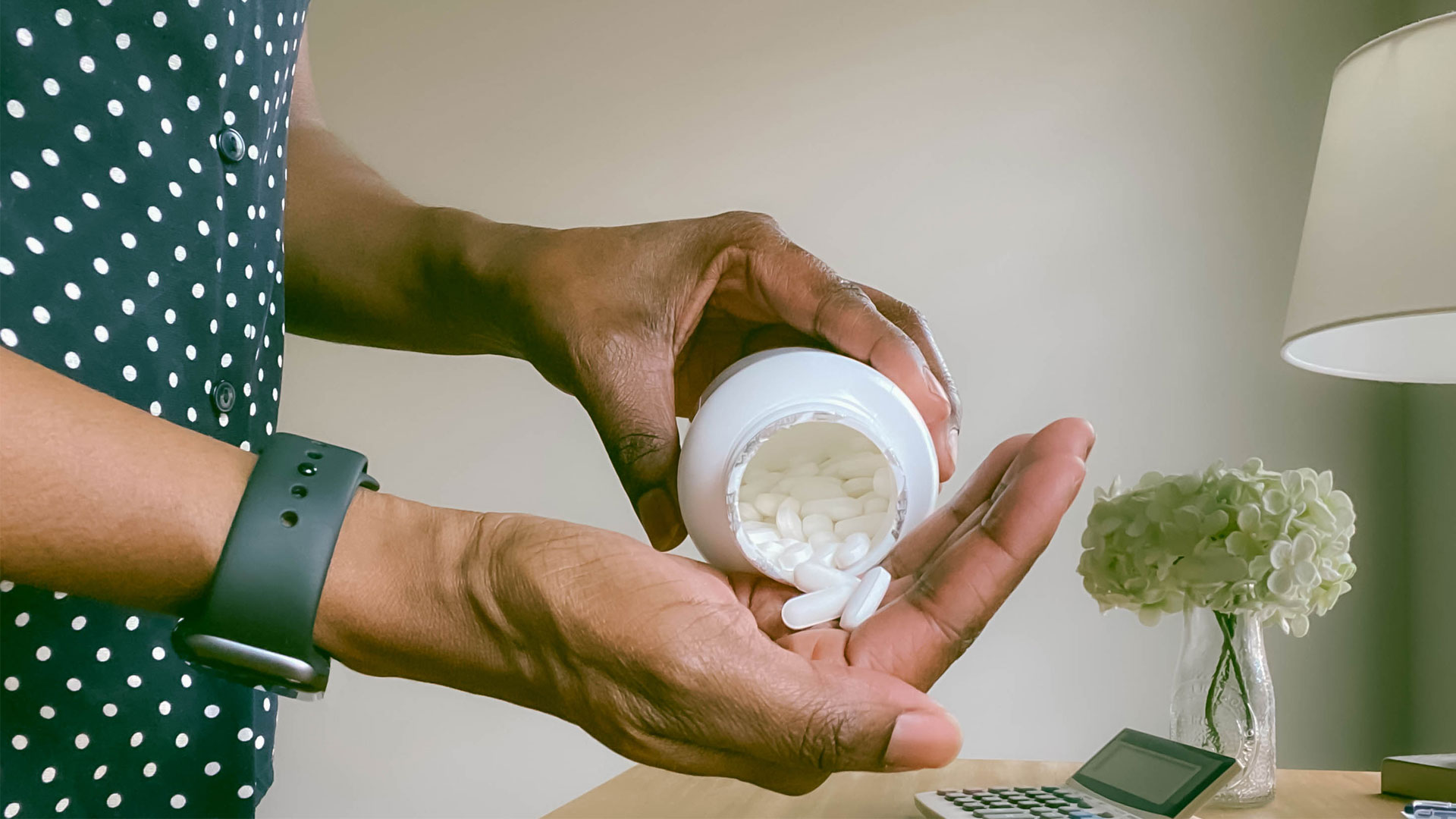 Black Friday supplements deals
Black Friday supplements dealsDeal Save on vitamins and gym supplements this Black Friday
By Lou Mudge
-
 The best Black Friday protein powder deals from MyProtein, Optimum Nutrition, Dymatize and others
The best Black Friday protein powder deals from MyProtein, Optimum Nutrition, Dymatize and othersDeals Stock up on protein powders with these Black Friday deals
By Ruth Gaukrodger
-
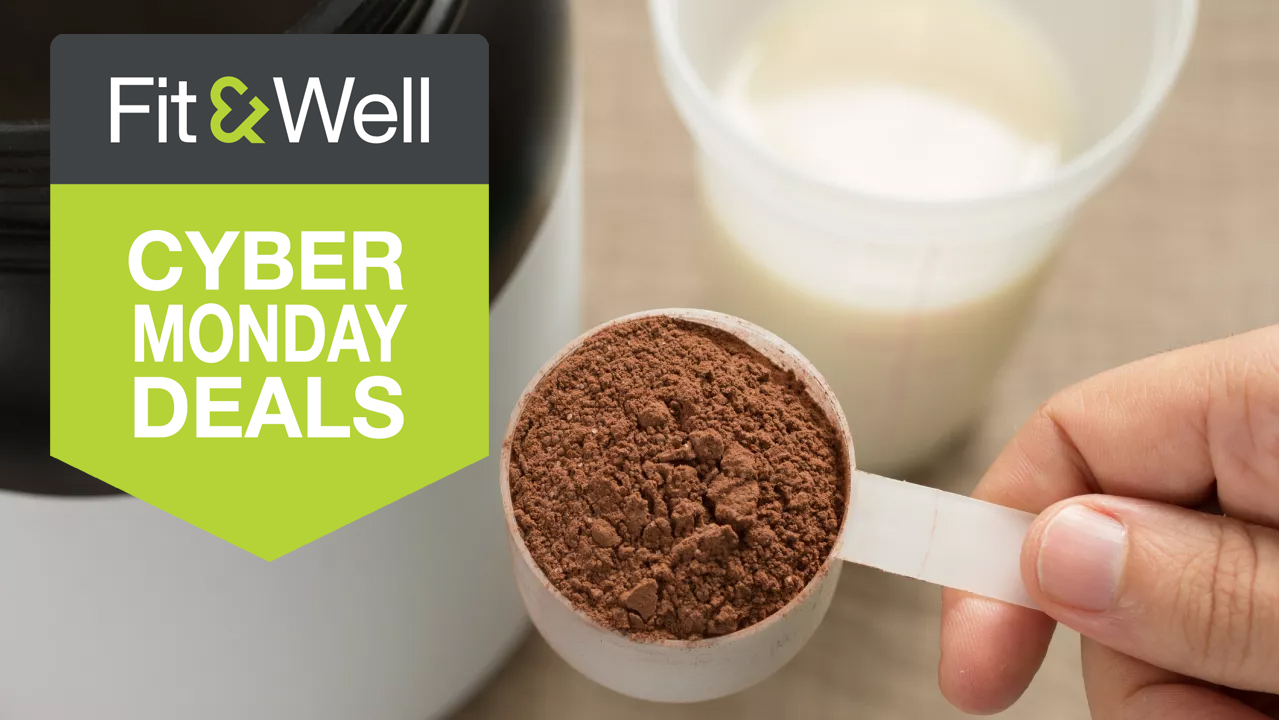 Cyber Monday protein deals: Final sales on cheap protein powders and other supplements
Cyber Monday protein deals: Final sales on cheap protein powders and other supplementsDeals Cyber Monday protein deals have arrived, and there are big discounts to be had tonight only – but hurry!
By Matt Evans
-
 Save money on this year's Black Friday air fryer deals including savings on Ninja air fryers
Save money on this year's Black Friday air fryer deals including savings on Ninja air fryersDeal Black Friday deals are happening now at Best Buy and are offering brilliant savings on various top airfryer brands such as Ninja, Bella and Chefman
By Matt Evans
-
 Tefal OptiGrill+ deal: 25% off our top-rated health grill at Amazon right now
Tefal OptiGrill+ deal: 25% off our top-rated health grill at Amazon right nowDeal We love this electric grill for rustling up healthy dinners, and now you can get it for a bargain price!
By Stephanie Wood
-
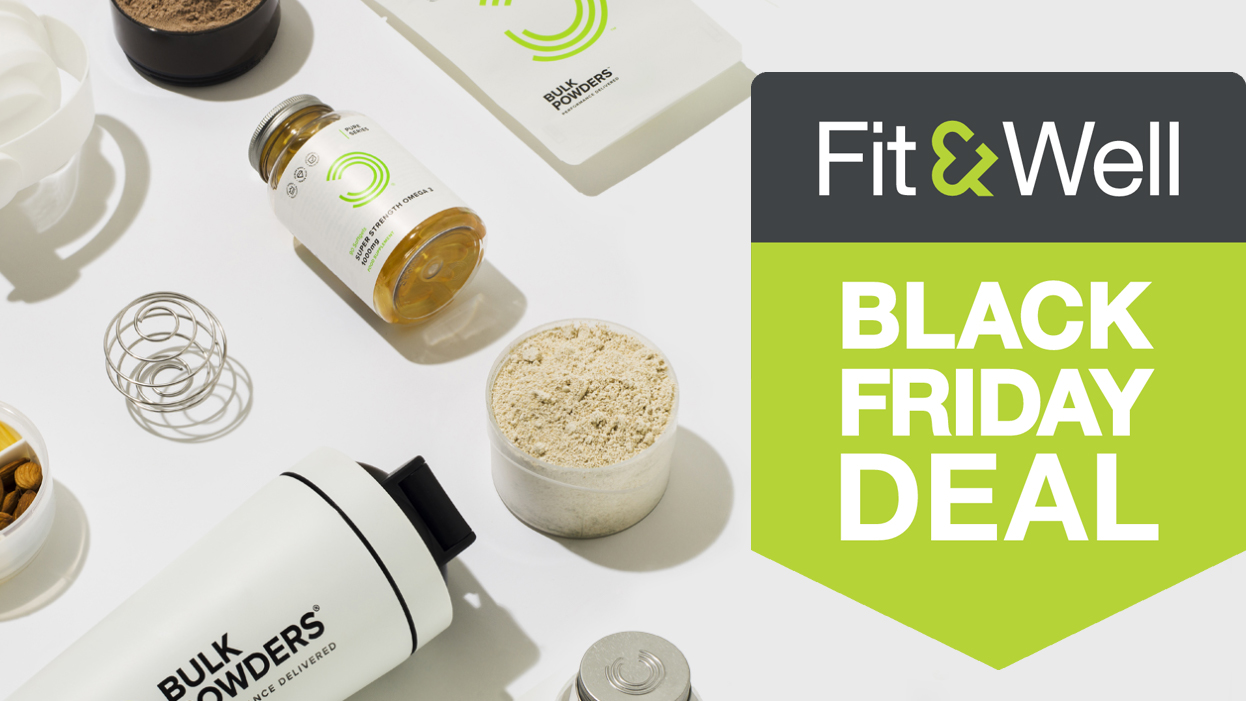 Bulk Powders Black Friday deal: Up to 80% OFF protein powder and vitamins now
Bulk Powders Black Friday deal: Up to 80% OFF protein powder and vitamins nowDeal Looking to lose weight or tone up? Save up to a massive 80% with Bulk Powders' top Black Friday deal discounts
By Matt Evans
-
 Amazon Black Friday bargain: Cook healthy and save £80 on Philips XXL air fryer
Amazon Black Friday bargain: Cook healthy and save £80 on Philips XXL air fryerDeal Air fryers are the hottest kitchen gadget around, and you can save on the 1.4L Philips XXL Airfryer at Amazon
By Matt Evans
